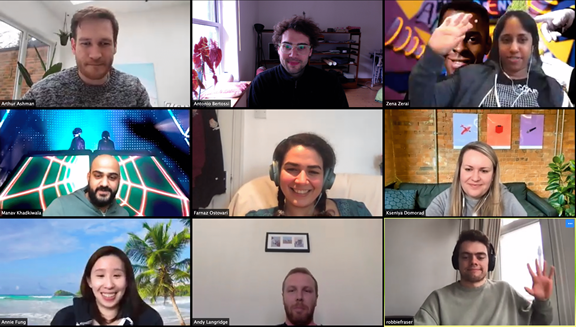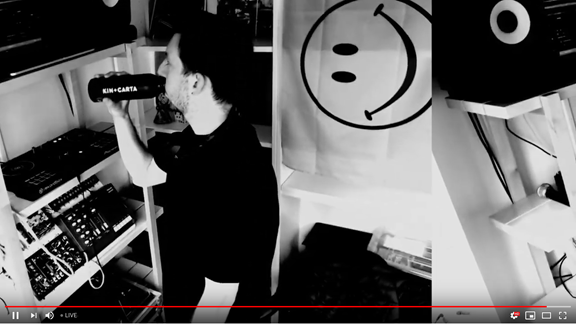Communication is important in all businesses, but working with external clients means we have to make sure that we’re crystal clear when it comes to what the team is working on and what we can expect to achieve. We’ve finessed some ways to keep the comms flowing within the organisation and outside of it when we’re physically apart:
1. Use the right method of communication
The Agile principles dictate that the best way of communicating is via face-to-face communication. Obviously, this isn’t so straightforward when everyone is working remotely - however, video-conferencing comes a close second. Other methods of communication can have various pitfalls: email chains mean that teams lose the ability to freely converse, instant messaging such as Slack removes tone of voice (no one wants a tongue-in-cheek comment to be taken seriously) and on phone calls we miss facial expressions. Instant messaging channels such as Slack, are great at disseminating information to large groups of people or for a quick message, but we find discussions are more effective across video.
2. Document key information and decisions
One downfall of using video chat is that key information can be missed. Working in a global organisation, this can be particularly challenging when presented with a range of accents , differing levels of English and the challenge of coordinating meeting times across multiple diaries . For this reason, it’s imperative to write down all key information during video-chats where decisions are being made. This might either be as notes on a shared screen during sessions, recording the session or for post-meeting follow up.
3. Check in with your team often It’s important to make sure that your team is engaged throughout the day
Some more introverted members of the team may be reluctant to reach out if they have questions which could create rework. Holding regular check-ins also ensures that everyone is doing ok, especially necessary as people may be feeling anxious or lonely and might just want a chat. Some of our teams have implemented stand ups throughout the day, coffee break meetings or even created a call where one person is always dialled in incase someone needs to talk.


